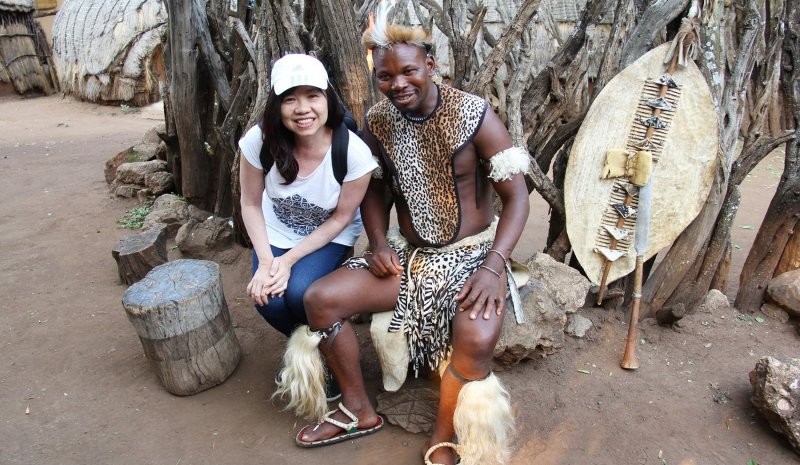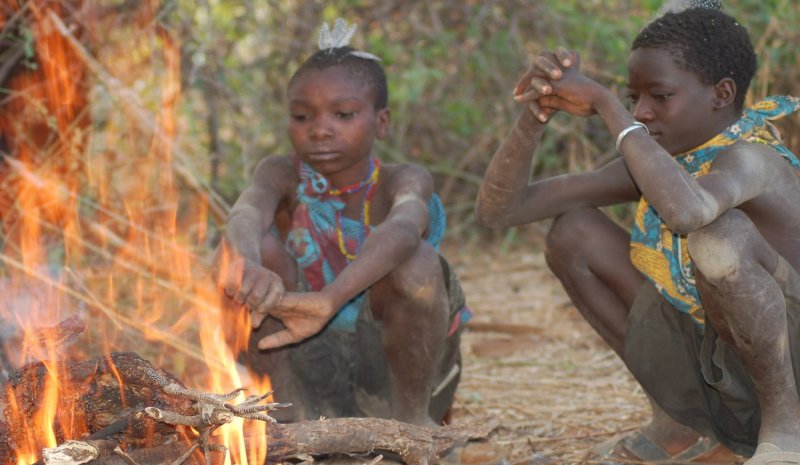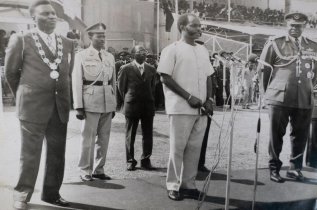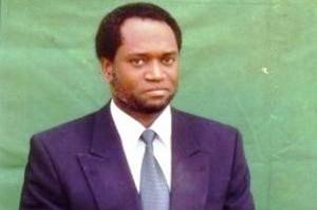-

Make a real difference...
-

to communities across Africa.
-

Share skills and knowledge...
-

and sponsor children...
-

to develop a better future
-

...and change lives forever!

The Burundi Civil War very much mirrored events in neighbouring
Rwanda, with tribal factions between the Hutu and Tutsi tribes (above)
erupting into violence over a struggle for power. Following independence
from Belgium in 1962, the country came under the rule of King
Mwambutsa IV, a Tutsi. The first
parliamentary elections were held under the newly independent
country's constitution on the 10th May 1965 just a few months
after Burundi's first Hutu Prime Minister was assassinated by a
Rwandan Tutsi refugee just eight days into his second term of
office. In the election the Hutu won a majority however King
Mwambutsa refused to appoint the Hutu leader Gervais Nyangoma as
Prime Minister instead appointing his former personal secretary Leopold Biha, a Tutsi, to the role.
On October 18th that year,
Gervais Nyangoma launched a coup against the king which
triggered a massacre of Tutsis by the largely Hutu police force in some parts of the country. The
coup failed and order was restored with Mwambutsa still king,
however there were brutal Tutsi retaliations with thousands of
ordinary Hutu as well as their political leaders being shot. In
1966 Mwambutsa IV was deposed by his son Ntare V who appointed
the Secretary of Defence Michel Micombero as prime minister, who had crushed the
uprising against his father.

However within months on 28th November 1966, Micombero
staged a military coup and installed himself as president (above centre with Idi Amin of Uganda on his right and the President of Rwanda on his left.) There followed twenty five years of Tutsi military rule much to the
resentment of the Hutu population as only 15% of Burundians are
Tutsi with the remaining being of Hutu ethnicity. This period
saw
a series of military coups and civil insurrections leaving hundreds of
thousands of Hutu dead, however at the end of this period,
following another coup by Maj. Pierre Buyoya, reforms were
instigated to help heal the country's ethnic divisions and
elections called.
Ironically this easing of state control only
served to inflame ethnic tensions as they raised expectations of
an end to Tutsi minority control of the country and there were
revolts, particularly in the north of Burundi against Tutsi
leaders in which hundreds of Tutsi families were killed. Buyoya
responded by sending in the army and thousands of Hutu were
killed. Despite this, Buyoya continued with his liberalising reforms
and allowed multi party elections in 1993, an election which saw
Burundi's first ever democratically elected president, Melchior Ndadaye, a Hutu
and both former leader of the 'Mouvement des Etudiants Progressistes
Barundi au Rwanda', (a movement of exiled Burundian students) and
a founding father of the Burundi Workers' Party, take office on July
10th 1993.

Ndadaye (above) established a pro-Hutu government however appointed
Sylvie Kinigi, a female Tutsi (though married to a Hutu), as the
Prime Minister in an act of conciliation. His presidency though
was to be short lived as he was assassinated along with six of
his ministers just over three months later
on 21st October 1993 during a failed military coup by
disgruntled Tutsi members of the
armed forces. In response, the Hutu rose in their masses and started
slaughtering Tutsis.

Cyprien Ntaryamira, the Minister for
Agriculture and a Hutu, was selected as Ndadaye's successor on
5th February 1994 in the hope that his moderate views would ease
the violence ravaging the country, however just two months later,
on 6th April 1994, he was assassinated along with Rwandan
president Juvenal Habyarimana when his plane was shot down (above) as it
came in to land at Kigali airport in Rwanda. The Burundi civil
war then broke out in earnest, with an estimated 300,000 dead
between 1993 and the end of the civil war in 2005. 500,000 left
the country as refugees and a further 800,000 fled their homes.

|

|
Burundi Civil War: Burundi Refugees
|
Burundi Civil War: Child Sponsor Burundi
|
Details of current volunteer work
opportunities in each of the
countries of Africa.
Find how to sponsor a child in Africa
with our list of organisations,
charities, programs and projects.
Discover all about Africa, its tourist
attractions, history, people, culture
and daily life there.
A treasure trove of African
resources from webcams to
free downloads and news.